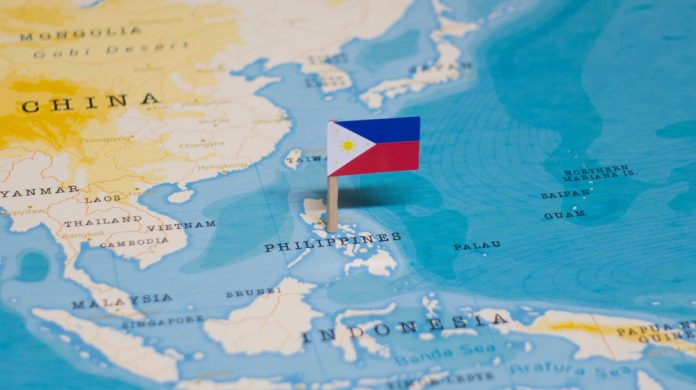The Philippines’ gambling regulator, Amusement and Gaming Corporation (PAGCOR), has continued to accelerate the country’s efforts to alleviate itself from the FATF grey list.
As a part of continued efforts to clean up the country’s gambling sector and provide the country with a clearer path to economic growth, it revealed that 74.78% of the illegal igaming websites so far detected have been blocked.
Ret. Gen. Raul Villanueva, President of PAGCOR’s Security Monitoring Cluster, has underlined the complexities of eradicating the black market.
He stated: “Of the 7,747 [illegal offerings], 5,793 [74.78%] were already blocked, and 1,954 are still active. “The payment blocking as of now based on my research, there’s no studies yet on payment blocking because some of these criminals use cryptocurrency as a mode of payment. And the banking system is very complex, offshore banking is very complex.
“But we [have reached] out to payment portals like GCash and Maya, and we had a meeting two weeks ago with a representative of Gcash and they promised us to purge on these illegal sites because we have submitted to them or have publish or publish in our websites only the illegal sites.”
PAGCOR, as part of its strategy, did deepen ties with social media giants in a bid to elevate the way it tackles unlicensed gambling advertising, which led to a significant reduction in exposure for the market.
“There was a reduction in Facebook ads, especially illegal sabong, because of these efforts that we’ve been doing. But they shifted to chat rooms like Telegram chatgroups they’ve been advertising and posting links on illegal sites”, stated Villanueva.
It comes as the Philippines is anticipating a year of growth when it comes to its igaming sector, the first half of 2024 opened the doors for ‘a banner year’ for the region as it declared a net income increase of over 120 per cent year-over-year.
Commenting on the figures, Alejandro Tengco, CEO and Chair of PAGCOR, stated: “PAGCOR’s robust net income growth translates, of course, to a larger Contribution to Nation-Building. We were able to remit Php31.82bn in CNB to the Treasury in the first six months compared to Php22.62bn in the same period last year.”
The gaming corporation stated that gross revenue was up by 42.92 per cent YoY to Php51.76bn (2023: Php36.21bn), with gaming operations consisting of Php45.39bn.
“Given the phenomenal revenue increase in the e-games sector and with more players and investors signifying their intent to enter the Philippine market, we are confident that the year 2024 will be truly a banner year for PAGCOR.”
Tengco has also previously underlined the importance of not allowing the illicit actors in the sector to be able to disrupt or degrade the positive work of the legal actors in the region.
“We should not blame and demonise our licensed gaming operators because these are closely monitored by PAGCOR. Our licensees pay taxes, and they help provide legitimate jobs and livelihood to a lot of people,” Tengco said.
“To us, the real threat are the alien hacking and scam syndicates who operate underground, and they are the ones that our law enforcement agencies are trying to locate and dismantle. And we are cooperating fully with the authorities in this regard.”
The efforts of PAGCOR also come after warnings from the Chinese government over the enable of their citizens to gamble in the region.
The Chinese embassy had previously distanced itself from having anything to do with the Philippine Offshore Gaming Operators (POGOs) sector.
The statement from the embassy said: “Chinese law prohibits all forms of gambling. The Chinese government strictly cracks down on Chinese citizens engaging in gambling business abroad including POGOs. Ample evidence shows that POGOs breed serious crimes such as kidnapping for ransom, human trafficking and murder. POGOs are detrimental to both Philippine and Chinese interests and images as well as China-Philippines relations.
“In recent years, the Chinese and Philippine law enforcement agencies have maintained close communication and cooperation and conducted multiple joint operations to bring down cross-border gambling and telecom fraud. Since 2018, nearly 3000 Chinese citizens implicated in the cases have been repatriated with joint efforts of both sides. In the past year alone, China has assisted the Philippines in shutting down five POGOs hubs and repatriated nearly 1000 Chinese citizens.”











